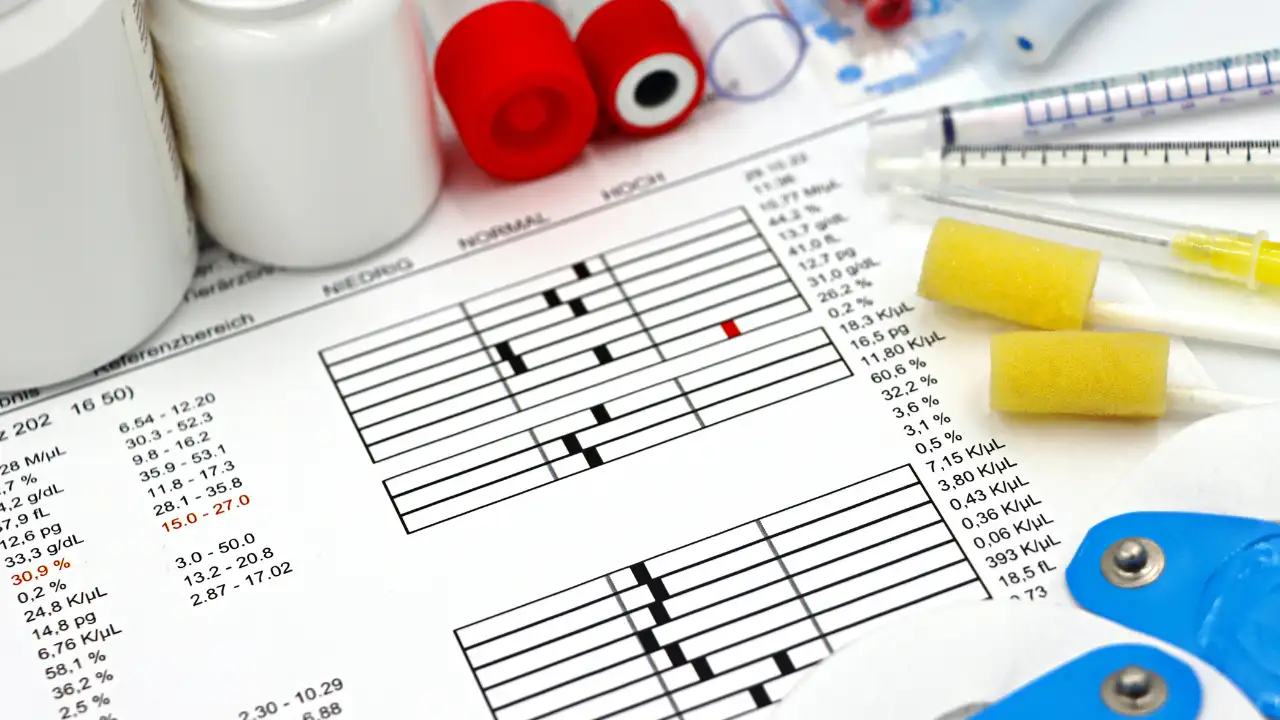
7 Everyday Habits That Might Be Increasing Heart Attack Risk (Credits: Pexels)
Heart attack is not something that comes with a warning, and is no longer a concern just for the older folks. Increasingly people in their 20s and 30s are also showing up with cardiac arrests. While genetics do play a role, there might be some everyday habits that are silently increasing your risks of a heart attack.
Here are 7 habits you need to watch out for:
1. Living with constant stress
Chronic stress keeps your body in a “fight or flight” mode, flooding your system with cortisol and adrenaline. Over time, this puts massive pressure on your heart, increasing blood pressure and inflammation, two major risk factors for cardiac events.
2. Skipping regular body checkups
Ignoring annual health checkups or basic blood work can be dangerous. Silent conditions like high cholesterol, diabetes, and hypertension often show no symptoms, until it’s too late. Prevention is always easier than emergency intervention.
3. Overuse of fat burners and weight loss pills
Many fat burners contain stimulants that can spike your heart rate and blood pressure unnaturally. Prolonged use, especially without guidance, can severely stress the heart and increase the risk of arrhythmias and sudden cardiac arrest.
4. Running on high cortisol all day
Waking up to caffeine, skipping meals, and pushing through the day in a state of “go-go-go” may feel productive—but it keeps your cortisol levels dangerously high. Chronic cortisol elevation weakens heart function and disturbs your body’s natural recovery process.
5. Doing intense workouts after a long gap
Getting back into fitness? That’s great, but going straight into high-intensity workouts after months of inactivity can shock your heart. It increases the risk of blood clots, arterial tears, and overexertion-induced cardiac events.
6. Late-night meals followed by immediate sleep
Eating heavy or late and lying down right after can interfere with digestion and spike insulin levels. This can trigger blood sugar fluctuations and poor heart rate variability, especially harmful in the long term.
7. Mixing multiple caffeine-based drinks
Consuming energy drinks, strong coffee, and pre-workouts all in one day? That overloads your central nervous system, elevates blood pressure, and can even trigger palpitations or arrhythmias, especially in those with underlying conditions.
